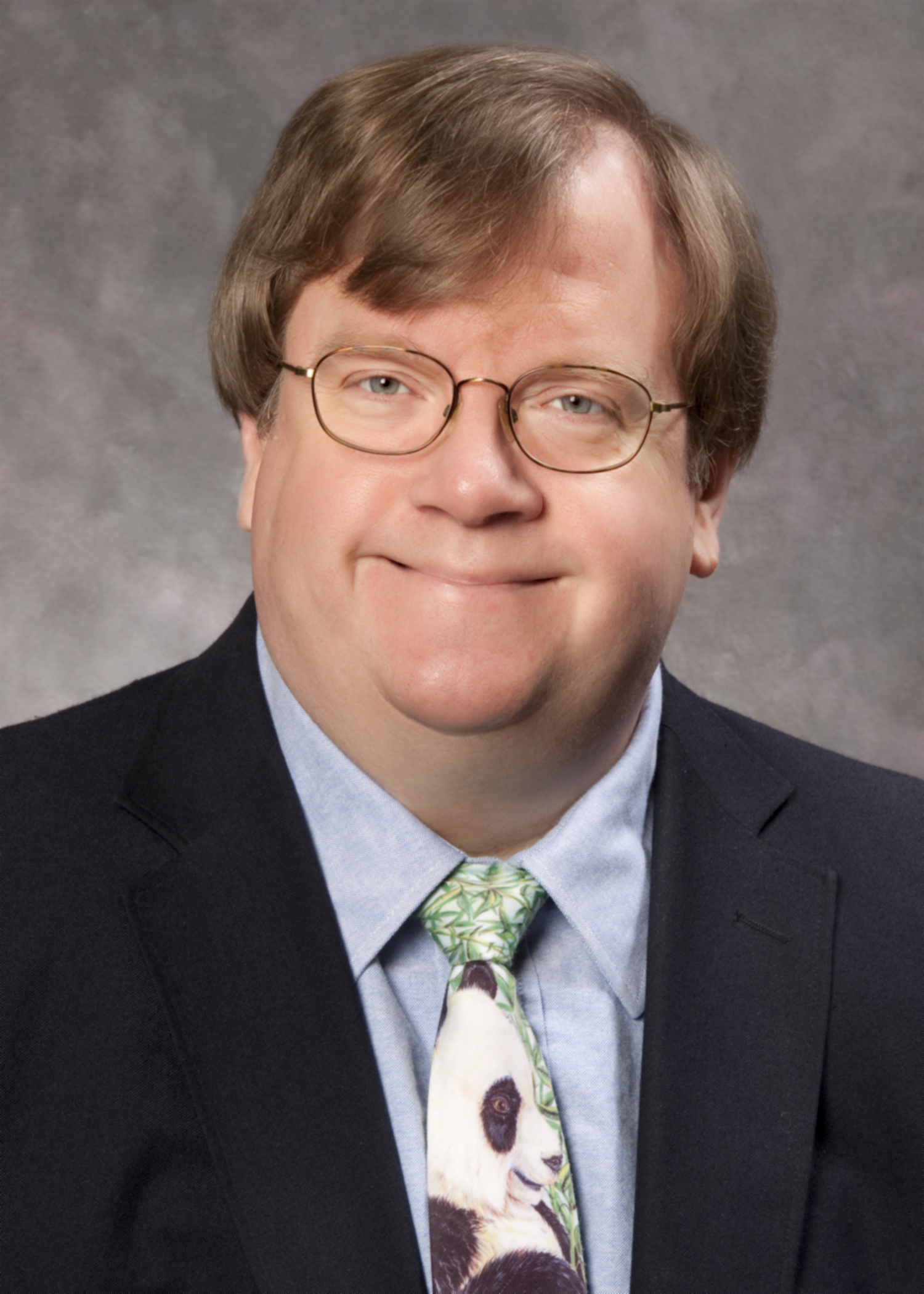ITEST Webinar
Addressing the Ethics of Disputed Medical Treatments
This webinar was presented on May 27, 2023.
Our presenters
Fr. Kevin FitzGerald, SJ, PhD, PhD
Healing Post-Covid Healthcare by Greater Integration of the Humanities and Ethics into Healthcare Education

Kevin T. FitzGerald, S.J., Ph.D., Ph.D., is the John A. Creighton University Professor and chair of the Department of Medical Humanities in the School of Medicine, at Creighton University. He received a Ph.D. in molecular genetics, and a Ph.D. in bioethics, from Georgetown University. His research efforts focus on the utilization of the Humanities in medical education, on the investigation of abnormal gene expression in cancer, and on ethical issues in biomedical research and medical genomics. He has published educational, scientific, and ethical articles in peer-reviewed journals, books, and in the popular press.
Fr. FitzGerald has given presentations nationally and internationally, and has often been interviewed by the news media, on such topics as human genetic engineering, cloning, stem cell research, and personalized medicine. He is a founding member of Do No Harm, and a member of the Genetic Alliance IRB. In addition, he has been a Corresponding Member of the Pontifical Academy for Life since 2005.
Abstract
The Covid pandemic greatly exacerbated deep flaws in our healthcare institutions and educational programs. To help heal these deep flaws, Creighton University is intentionally and intensively integrating the humanities and ethics into all its health professions programs, both undergraduate and graduate. Though early in this process, evidence is already manifesting the value this integration is having with our students and faculty, and, hence, with those they care for and work with. A brief introduction and summary of this effort will be presented in hopes of generating further discussion of how all of us can create a healthcare education program adequate to meet the enormous financial, social, moral and spiritual challenges healthcare faces today.
Kevin Powell, MD, PhD
The Application of Faith and Reason to Clarify Truth in Medical Care

Kevin Powell, M.D. Ph.D. FAAP, is a retired pediatrician who specialized in the care of hospitalized children. Prior to medical school he worked as a chemical engineer in industry and academia, earning a Ph.D. in Medical Engineering from a joint program of Harvard Medical School and the Massachusetts Institute of Technology. Alongside clinical care, for 18 years he served on or chaired hospital ethics committees and was a clinical ethics consultant. His last academic position was on faculty at Saint Louis University and Cardinal Glennon Children’s Hospital. He is Lutheran.
Abstract
Medical knowledge is constantly evolving and occasionally advancing. Most of what I was taught in medical school became obsolete, contradicted, or was shown to have always been flat out wrong by the time I retired. The practice of clinical medicine requires continuous adoption, improvement, refinement, and frequently rejection of new knowledge. That knowledge needs to be adapted to function within evolving moral norms and cultural values. The search for truth is ever-present. The encyclical Fides et Ratio says “Faith and reason are like two wings on which the human spirit rises to the contemplation of truth.”
Rev. Fr. Nicanor Pier Giorgio Austriaco, O.P.
An Ethical Assessment of Puberty Blocking Hormonal Treatments for Gender Dysphoria in Children

Fr. Nicanor Austriaco, OP is a Professor of Biological Sciences and a Professor of Sacred Theology at the University of Santo Tomas in the Philippines. He completed his Bachelor of Science in Bioengineering at the University of Pennsylvania, summa cum laude, and then earned his Ph.D. in Biology from M.I.T. where he was a fellow of the Howard Hughes Medical Institute (HHMI). He earned a Doctorate in Sacred Theology (S.Th.D.) at the University of Fribourg in Switzerland, in 2015. His first book, Biomedicine and Beatitude: An Introduction to Catholic Bioethics, was published by the Catholic University of America Press in 2011. It was recognized as a 2012 Choice outstanding academic title by the Association of College and Research Libraries.
Abstract
Should puberty blockers be used to treat gender dysphoria (GD) in children? For activists promoting transgender rights, the answer to this question is a clear yes. However, several recent reviews of the medical literature have concluded that there is insufficient evidence to assess the long-term effects of hormone treatment on prepubescent children who experience GD. Therefore, in the absence of a robust risk-benefits analysis, it is unethical to promote this controversial medical intervention. It is not surprising that in Norway, Sweden, and Finland, public health officials are warning that for teens with adolescent-onset dysphoria, the use of these puberty blocking drugs may do more harm than good.
Webinar resources
Fides et Ratio – Pope John Paul II – On the Relationship between Faith and Reason
Reliably solving complex problems by Kevin T. Powell, MD, PhD
